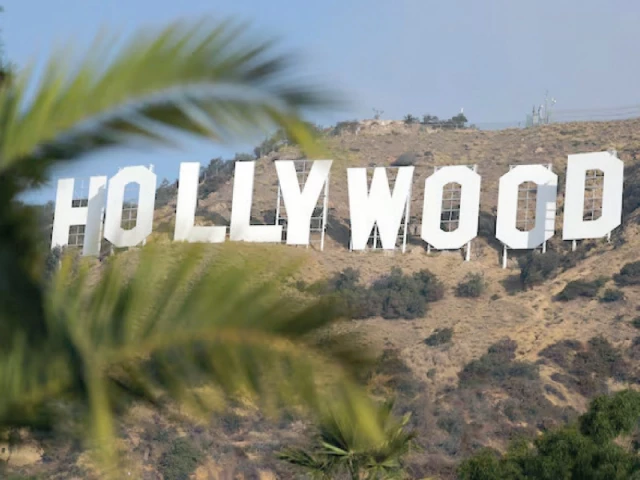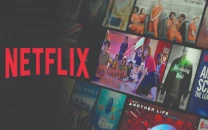Trump thickens Hollywood plot
100% tariff threat on foreign films rattles studios and global markets

President Donald Trump announced on Monday that the United States would impose a 100% tariff on all films produced outside the country and then imported into the US in a move that threatens to upend Hollywood's business model and unsettle global film markets.
Trump posted on his Truth Social account: "Our movie making business has been stolen from the United States of America, by other Countries, just like stealing candy from a baby." Yet, crucial questions loom: What legal authority would back such a sweeping tariff? How would it be enforced in an era of international co-productions, digital distribution, and tangled production chains?
With this tariff threat, Trump is extending his economic nationalist agenda into cultural industries. The move is not entirely new - he first floated the idea in May 2025, though that earlier version lacked specificity on scope and mechanism.
The White House has not yet clarified how it intends to enforce this film tariff, nor which agencies would administer it. Commerce Secretary Howard Lutnick has said simply, "We're on it."
Hollywood studios rely heavily on cross-border production, tax incentives abroad, and box office receipts from foreign markets. A blanket 100% tariff threatens to disrupt every leg of that model. Shares of major entertainment players reacted swiftly: Paramount Skydance and Warner Bros Discovery both saw stock declines of 2.1% and 1.3%, respectively.
Analyst Paolo Pescatore of PP Foresight warned: "Costs are likely to increase, and this will inevitably be passed on to consumers." Much of cinematic production is already deeply international.
Studios increasingly shoot in Canada, the UK, Australia, and other countries where tax incentives and subsidies reduce costs. For instance, in recent years nearly 24% of Hollywood films had at least one day of filming in the UK, and 19% in Canada.
These "runaway productions" reflect a long-term shift toward capturing cost efficiencies overseas. States and nations aggressively compete for production by offering rebates and credits. California, for example, expanded its incentives to remain competitive. In Georgia (US), the film industry has grown robustly thanks to strong incentives - in recent years Atlanta has hosted many major studio blockbusters.
Implementing such a tariff raises legal complications. Films are intellectual property and often classified within the services sector, which may fall outside traditional tariff regimes. Moreover, modern films are rarely produced wholly in a single country - financing, postproduction, visual effects, and shooting may span continents.
Classifying what constitutes a "foreign film" would be extremely difficult. Could a partly US-funded film shot abroad be exempt? How would streaming and digital distribution be treated?
There is already litigation over Trump's use of tariff powers under the International Emergency Economic Powers Act (IEEPA), which he has used in other tariff contexts. Courts have previously blocked sweeping tariffs under that law, ruling the president exceeded authority.
If implemented, the tariff could affect US workers tied to overseas production - VFX artists, crew members, editors - whose work is often outsourced abroad yet contributes to US films. International co-productions could collapse under uncertainty. Studios might be forced to shift more production back to the US, raising costs.
Consumers could see higher ticket prices, premium streaming fees, or reduced availability of foreign films. Foreign governments may retaliate with counter-tariffs on US cultural exports.
Trump's announcement is a signal - not yet a fait accompli. The White House has not issued final decisions. The film industry is watching closely, pressing for clarity on implementation, classification, exemptions, and legal basis.
If implemented, this tariff could redraw the map of global film production. Studios may shift operations, restructure financing, or reinterpret distribution strategies. As of now, the move stands as a bold - and highly controversial - experiment in protectionism, one that reaches into cultural realm as much as economic.



















COMMENTS
Comments are moderated and generally will be posted if they are on-topic and not abusive.
For more information, please see our Comments FAQ